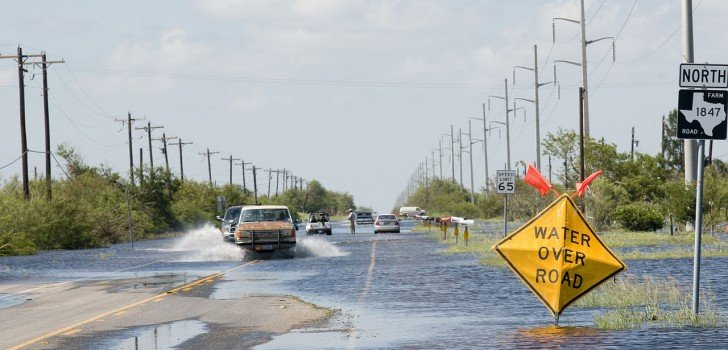In a new study conducted by American researchers, the results show that our hunter-gatherer ancestors likely had less sleep than we do today.
To conduct their research, the scientists studied members of traditional societies in South America and Africa whose lifestyles resemble the ancient hunter-gatherers. 98 people were monitored for 1,165 nights and it was found that they slept for an average of six hours and 25 minutes per night.
By comparison, the scientists noted that most Americans sleep on average about seven hours a night.
The study, published in the journal Current Biology, also determined that the outside temperature played a larger role than natural light in forming sleep patterns.
Professor Jerome Siegel, from the University of California, Los Angeles, stated that, “The issue is: what is the data on how sleep has changed? And it occurred to me that these groups, which are rapidly disappearing, give the last opportunity to really know what human sleep was like before we all created our various civilizations. What is absolutely clear is that they don’t sleep more than we do.”
In today’s world, we are all inundated with artificial lights, late-night television and the glow of mobile devices. These conditions are often blamed for disrupting or ruining our sleep.
To test this theory, the researchers studied members from the Hadza of Tanzania, the Tsimane of Bolivia and the San of Namibia. The volunteers were fitted with wristwatches that monitor sleep.
Siegel noted that, “All three groups have pretty much the same sleep duration and pretty much the same timing of sleep. This gives me reasonable confidence that they reflect the common human biology and they are not a function of their particular situations, which are different.”
In addition to determining that the average night of sleep lasted about 6.5 hours, they also found that the volunteers rarely took naps and that natural light did not have much of an affect on sleep that they thought it would.
While people fell asleep a little over three hours after sunset, temperature often determined when the subjects woke up. Siegel stated that, “What we saw was quite striking – that sleep is occurring during this period of falling temperature and when the temperature hits bottom, they wake up. This is quite surprising.”
After reviewing the research study, Professor Derk-Jan Dijk from the Surrey Sleep Research Centre at the University of Surrey said that while the study was important, he did not necessarily agree that our ancestors slept less than us.
“There are people in our society who don’t get enough sleep, there is no doubt about it. The question of whether we sleep that much less than so many years ago has been unanswered in ways – we need to be careful in interpreting the data.”
One thing Dijk did point out was that, regardless of studies, “we need to re-evaluate the timing of our social schedules, including work, relative to the natural environment. Our social environment has an impact on when we decide to go to sleep and wake up. Also, if we look at our environmental variables in the light-dark cycle in our homes and the temperature, I hope this paper will make us see how relevant they are for the timing of our behavior.”
Stay Connected